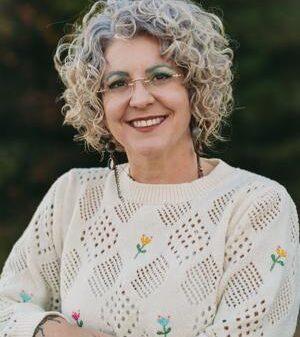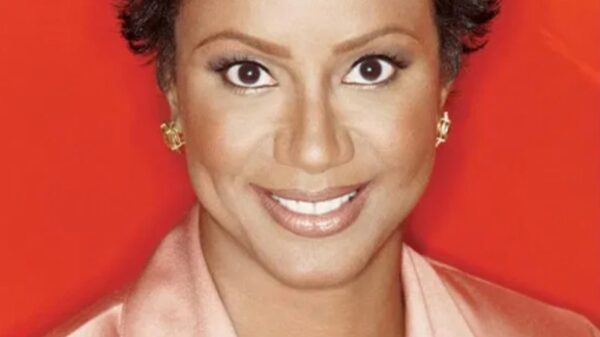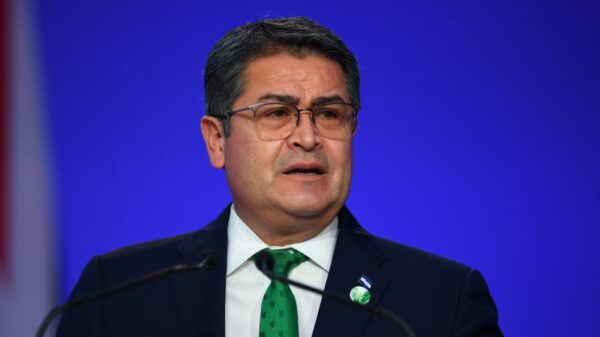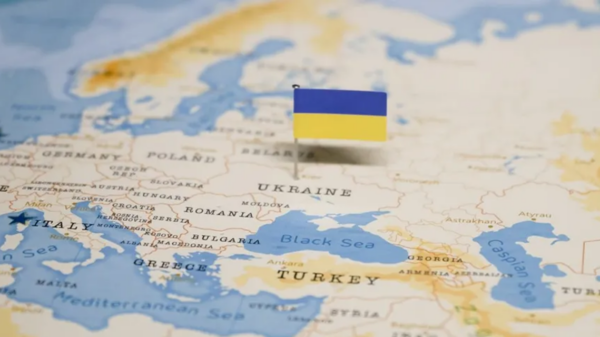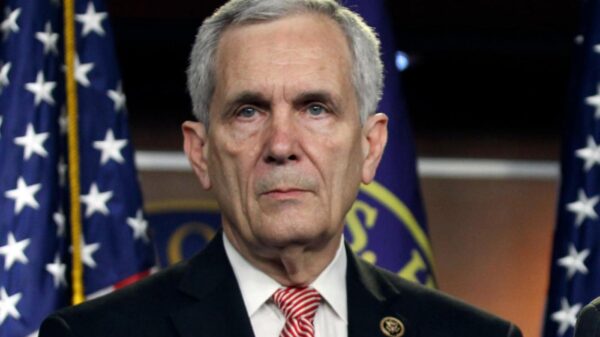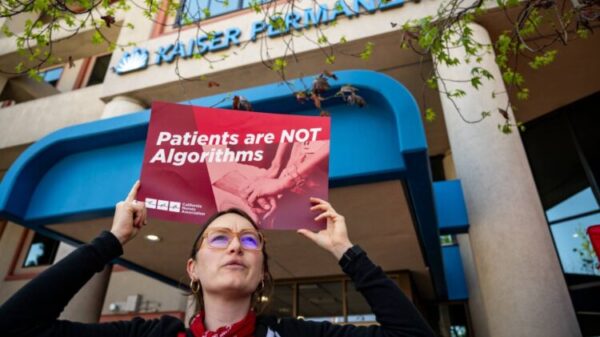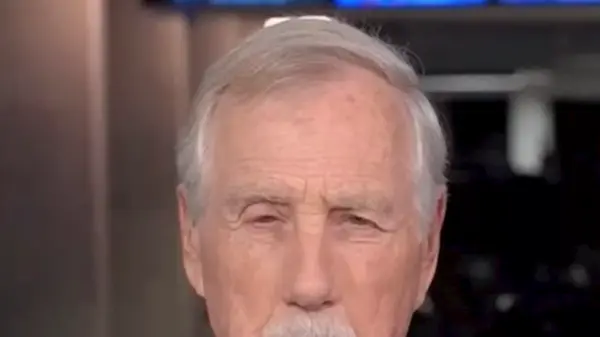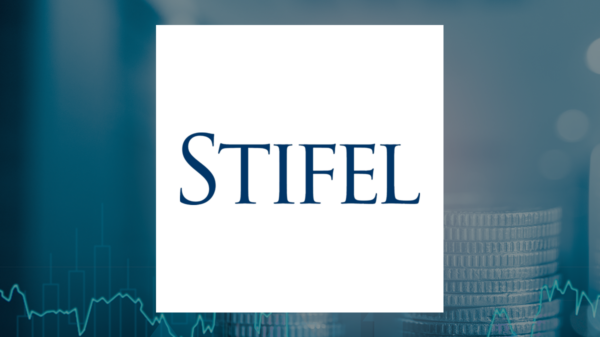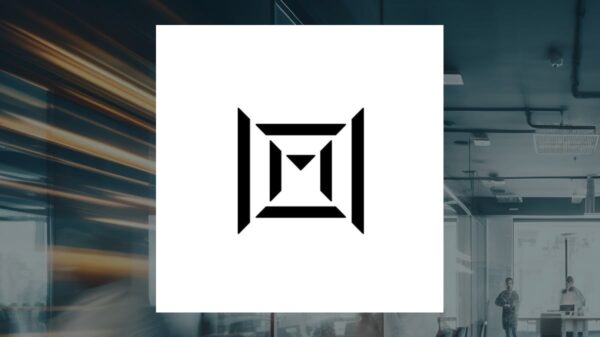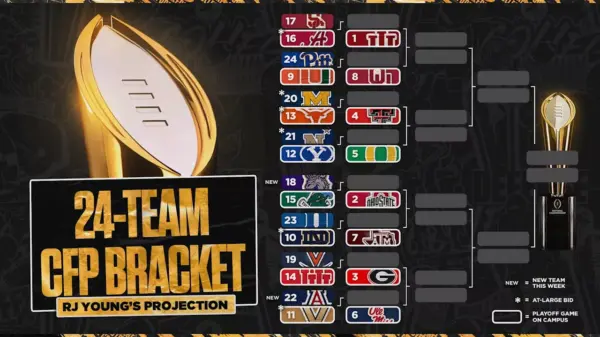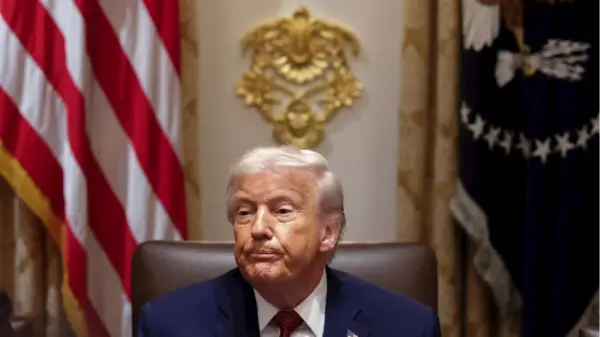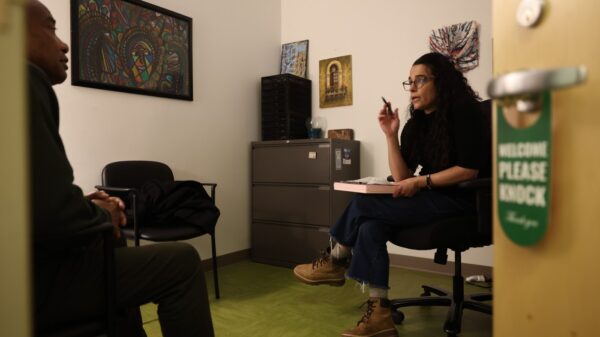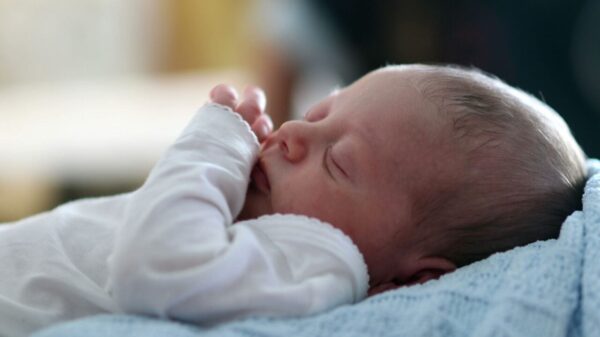A scheduled lecture at the Air Force Academy was recently canceled, igniting discussions surrounding the topic of freedom of speech. The event, which was set to feature a notable speaker from Utah, drew significant attention as debates around speech rights and academic freedom continue to intensify.
The cancellation was officially announced on January 10, 2025, with the academy citing concerns about the potential for divisive discourse. This decision has sparked controversy among students, faculty, and free speech advocates, who argue that open dialogue is essential in academic settings.
Reactions from the Community
Students at the academy expressed disappointment over the cancellation, emphasizing the importance of engaging with diverse viewpoints. One student remarked, “We should be able to hear from all perspectives, even those that challenge our beliefs.”
Faculty members have also weighed in, with some defending the academy’s decision and others criticizing it as an infringement on free expression. Julia, a multimedia journalist for FOX 13 News, reported on the reactions, highlighting the division among the student body and staff.
In an official statement, the academy maintained that the decision was made to ensure a respectful environment for all students. “Our priority is to foster a community where everyone feels safe and valued,” the statement read.
Broader Implications for Free Speech
The cancellation of this lecture reflects larger societal tensions regarding freedom of speech on college campuses. Numerous institutions have faced similar dilemmas as they balance the need for academic freedom with the responsibility to maintain a conducive learning environment.
Critics argue that suppressing controversial speakers undermines the very principles of inquiry and debate that higher education promotes. Proponents of the academy’s decision contend that it is necessary to protect students from potentially harmful rhetoric.
As discussions continue, the case of the Air Force Academy serves as a microcosm of the ongoing national conversation about free speech rights in educational institutions. The outcome of this debate may influence policies at similar organizations across the country and beyond.
In light of this controversy, students and advocates alike are calling for a more robust dialogue about how academic institutions can navigate the complexities of free expression while respecting the diverse backgrounds and beliefs of their communities.


